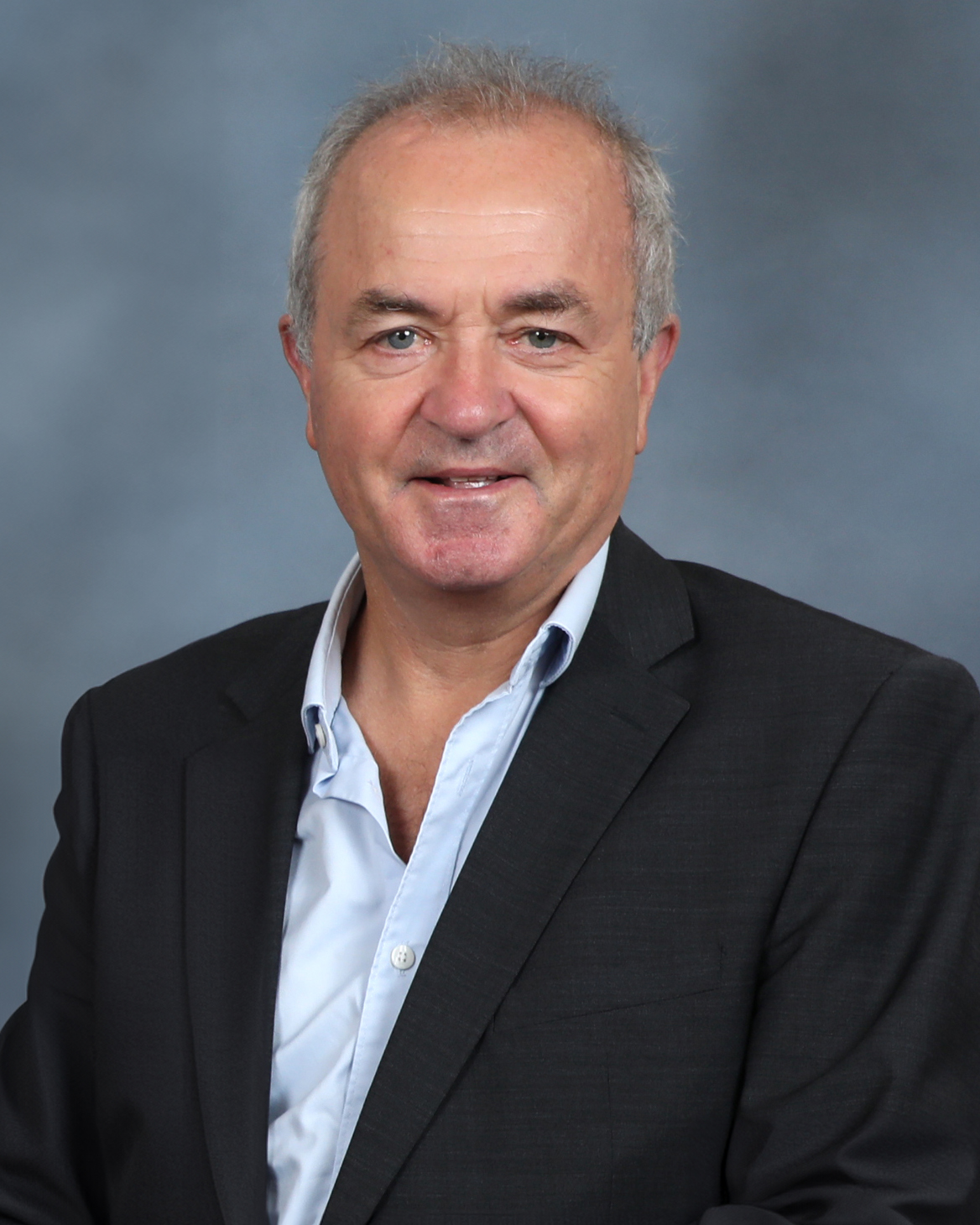
Spotlight: Anahita Mullen
Tell us about your work experience?
I came to Dubai when there were no skyscrapers on Sheikh Zayed Road! So, as you can imagine, my development journey has been an exciting one, and closely linked with the growth of Dubai. Initially, I worked in the aviation industry in a variety of roles, right from frontline customer service through to managing a large team of over 400 absentee employees and ultimately being responsible for establishing and implementing the leadership development strategy for the Group with over 100,000 employees across the globe. It was during the early part of my tenure that I had the opportunity to work with the learning and development team, and I quickly realized that this was where my passion resided. While I had the passion, I realized that I didn’t have the depth of knowledge and skill of a true L&D professional that I aspired to become. While working full time, I gained a Diploma in Training and Development followed by an MSc in Human Resource Management & Development. My passion of supporting organisations and their employees to be at the top of their game, resulted in me shining academically and I was awarded, ‘Best Performing Student Award’, by the University with distinction. The reason I am sharing this information is that during my secondary education years, I was a fairly average student, however, if learning content/subject resonates, people truly do excel. I then made it my mission to try and support as many people as possible to have a transformational learning experience.
I later went on to build and lead the Leadership Development function for a large logistics organization. This was another very exciting journey as I had the opportunity to go back to the drawing board to build a strong and sustainable foundation coupled with a robust strategy that delivered measurable results.
Tell us a bit about you when you are not at work?
People, Animals and the Planet, in no particular order.
I actively support and enjoy working with underrepresented groups such as refugee’s, women leaders etc. Whilst not always easy to do, I find it exceptionally rewarding and it helps me develop new perspectives and expand my own thinking, keeping me grounded and has helped me develop an attitude of gratitude too. I also care deeply about our planet and do my best to preserve it. I love gardening and grow plants and give them away to others to encourage them to grow more plants. And lastly, I am privileged to care for my 6 pets and several stray animals in Dubai. Someday, I would love to open an animal sanctuary.
From your perspective, how was the pandemic different to the challenges leaders face in organisations?
The pandemic was possibly one of the most challenging times for leaders across the globe and the Middle East was no exception. This situation had many unique features, and therefore these were unprecedented times for many leaders. We experienced high levels of uncertainty and near-term unpredictability. The pandemic challenged us near the lowest level of Maslow’s hierarchy of needs – the need for our safety as individuals and of society. In addition, the rapidly changing situation accompanied by conflicting sources of information made the environment very difficult to navigate. The role of the leader then pivoted from moving people from a state of fear to acting with purpose. This meant that leaders needed to be confident, optimistic, courageous and empathetic. Leaders had to, and still have to, reframe the situation to re-energise people around them.
As we begin emerging from the pandemic, what should leaders be doing more of?
The list is a long one, however my top THREE pieces of advice would include:
Simplicity : I love the quote from Stephen Covey, “ The main thing, is to keep the main thing the main thing!”. Leaders need to constantly remind people of what’s critical and important. Although, now is not the time for complicated strategies – keep people focused through simple, clear organizational goals. Simplicity is key, as people are emerging from a very ambiguous period.
Communicate: Leaders should be sharing authentic, reassuring and concise messaging. People continue to be anxious, hence the message will have to be repeated several times to ensure everyone is on the same page. In addition, communication is not a one way street. A balance between empathetic talking and careful listening is critical.
Connect and Act: In this environment, it’s imperative that leaders engage with all their stakeholders with care and compassion. They need to express a clear and compassionate vision for emerging from the crisis, yet act decisively. Their people are looking to them for decisive action so they can move forward from this crisis.
Will leaders emerge stronger in the aftermath of the pandemic?
It depends. Leaders that have learnt to do things differently and be agile will. Others may have a rocky road ahead of them. The ‘great resignation’ is not a myth.

 EN
EN AR
AR HI
HI ES
ES FR
FR DE
DE











